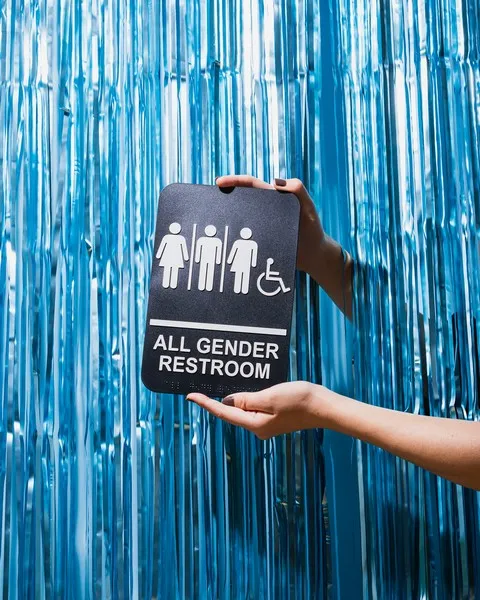In the field of sociology, the concept of sexualization has garnered significant attention in recent years. While much of the discourse surrounding sexualization tends to focus on its effects on women, it is crucial to acknowledge that men are also affected by this phenomenon. This article aims to outline and explain how sexualization affects men from a sociological perspective.
Understanding Sexualization
Sexualization refers to the process by which individuals or groups are treated as sexual objects, primarily for the gratification of others. It involves the portrayal of individuals in a sexual manner, often emphasizing their physical attributes and disregarding their other qualities or capabilities. In the context of men, sexualization can manifest in various forms, including media representation, societal expectations, and objectification.
Media Influence and Stereotyping
The media plays a significant role in shaping societal perceptions and expectations. Men are often portrayed in media as hypermasculine, muscular, and sexually dominant. Such representations can create unrealistic standards and expectations for men, leading to body image issues, self-esteem problems, and a constant pressure to conform to these ideals. The sexualization of men in the media can reinforce traditional gender roles and perpetuate harmful stereotypes.
Objectification and Power Dynamics
Sexualization can also lead to the objectification of men, reducing them to mere sexual objects devoid of agency or individuality. This objectification can occur in both personal and professional contexts. In personal relationships, men may face pressure to conform to societal expectations of masculinity, leading to the suppression of emotions and the need to assert dominance. In professional settings, men may face objectification in the form of being valued primarily for their physical appearance or sexual appeal, rather than their skills or qualifications.
Impact on Mental Health
The sexualization of men can have significant implications for their mental health and well-being. Men who feel pressured to conform to societal ideals of masculinity may experience body dissatisfaction, anxiety, depression, and low self-esteem. The constant objectification and sexualization can create a sense of vulnerability and contribute to feelings of inadequacy. Furthermore, the societal stigma surrounding male victims of sexual harassment or assault can further exacerbate these mental health challenges.
Challenging the Status Quo
Recognizing and addressing the impact of sexualization on men is crucial for promoting gender equality and fostering healthier social dynamics. By challenging traditional gender roles and stereotypes, we can create an environment that allows men to express their emotions, embrace their individuality, and reject harmful societal expectations. Education and awareness campaigns can play a vital role in promoting positive masculinity and debunking the notion that men should be solely defined by their sexual appeal.
Conclusion
While discussions around sexualization often center on its impact on women, it is essential to acknowledge that men are also affected by this societal phenomenon. The media’s portrayal of men, objectification, and the resulting impact on mental health are all significant aspects to consider. By recognizing and addressing these issues, we can work towards creating a more inclusive and equitable society that allows individuals to be valued for their character, skills, and contributions rather than their sexual appeal.





